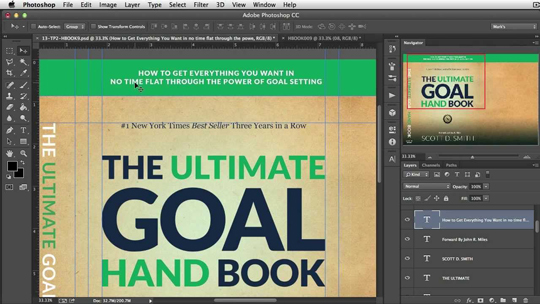For a long time, WordPress had no real rivals in the world of Content Management Systems (CMS). WordPress is still the dominant player in the industry, but more people than ever use Drupal.
Both are great open-source and user-friendly CMS platforms. But knowing which one is better for your business can help to achieve your short and long-term goals. Thus, let’s explore the pros and cons of each platform to help you decide the right fit for your business.
Why Both CMS Are Fantastic Options
It doesn’t matter whether you’re new to CMS or a tech-savvy programmer. Drupal and WordPress share overlapping features that make them both great options.
– Both Are Open Source
Drupal and WordPress are open-source. So, they’re free to use and develop as you see fit. Be sure to remember, they’re free to use, but it doesn’t mean that you won’t have different costs. For example, you still have web hosting fees, or you may want to use premium templates.
– There’s a Ton of Support for Them
Both platforms are popular. Thus, there’s a vast community of users and developers who can help you if you’re experiencing issues or want to try out new ideas. Once again, this support comes free.
– They’re Easy to Use
The average computer users can learn to use Drupal and WordPress. Compared to other popular CMS platforms — especially paid options — they’re easy to get the hang of them.
How are Drupal and WordPress Different?
There are some differences between the two options, including:
– Price
– Security
– Length of the Learning Curve
– Flexibility
– Function
Here’s a little more detail about the two most important areas: price and security.
– Price
Once again, free to use doesn’t mean it comes with no costs. The total cost of a website build or redesign is unpredictable. What do you need the platform to do? Do you need a complex eCommerce website or only a collection of landing pages? It all impacts the total cost.
– Price of WordPressSite. You can download WordPress for free. But you need to invest in things like domain registration, hosting, and premium themes. And let’s not forget about extra security.
If you don’t have tech skills, you can build a decent looking site using templates. It is easy to learn, and you can save a lot of money if you’re willing to do it yourself. And if you do need a developer, WordPress experts are usually less expensive than Drupal pros. In the end, it’s suitable for simple sites, especially if you have the time to build on your own.
– Price of Drupal Site. It’s more expensive to use Drupal to get your site up and running. That’s because it requires more technical expertise. And, you still need to invest in the same essential services like domain registration, hosting, and security.
Once you’ve built the foundation of the website, though, Drupal is more comfortable to scale and customize. Thus, it may be a better choice in the long term. But it does boil down to how much you can afford from the get-go, and what are your short vs. long term needs.
– Security
The security of your website is essential. You need to make sure your site is safe from cybercriminals and other threats.
In general, both WordPress and Drupal CMS are pretty secure. But the way people build and customize each site is different. WordPress doesn’t have built-in security flaws. Many third-party plugins can make a WordPress website vulnerable to cyberattacks. Without property security measures, these sites suffer from the consequences of hacks.
Drupal sites don’t use third-party extensions by default. So, they’re less susceptible to attack than WordPress. Therefore, Drupal may have a slight edge for less experienced users.
In the end, if you decide to have a site, whether WordPress or Drupal one, you need to be aware of cyber threats and the best cybersecurity practices. Strengthen your security with encryption, finish that VPN download to secure your internet connection, and use only trustworthy plugins on your site.
Which is Better: WordPress or Drupal?
The correct answer depends on your needs. Like anything else, the best CMS matches your budget, goals, and technical abilities.
Here’s the easiest way to make your decision:
– Low-cost initial investment: choose WordPress
– Need a quick setup: choose WordPress
– Want a robust and scalable long-term option: choose Drupal
If you’re a new business owner on a tight budget, go with WordPress. You can get your site up and running in no time. It’s easy to set up, and you have plenty of space for customization. Established businesses that want to build a multi-functional, expansive site can find Drupal more convenient.
Either way, website security is essential. Don’t forget to support your investment with the latest digital security tools to prevent hacks and ensure your site is always functional.





